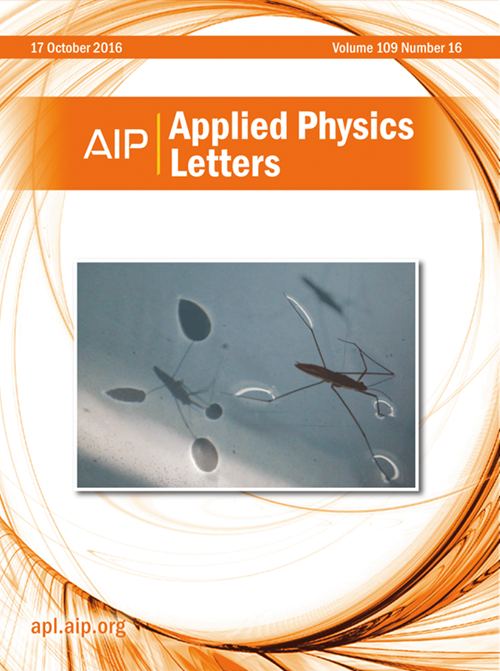Iterative segmentation algorithm for enhancing the accuracy of biomimetic polarized light compass
IF 3.5
2区 物理与天体物理
Q2 PHYSICS, APPLIED
引用次数: 0
Abstract
The primary challenge currently faced by bio-inspired polarized optical compasses lies in their poor environmental adaptability, resulting in low heading angle accuracy under complex weather conditions, such as cloudy and overcast days as well as when obscured by buildings. To enhance environmental adaptability, this paper first theoretically analyzes the impact of major atmospheric interference factors on polarization patterns. An analytical model is established to investigate the influence of multiple scattering on polarization patterns, and simulation data are used to verify the reliability of this model. Based on this model, the causes of errors in existing polarized compasses are analyzed. We propose an iterative symmetric segmentation image processing method that can effectively avoid the aforementioned errors while achieving high-speed computation. Experiments conducted under six different weather conditions, including cloudy days, cirrus, stratus, and building obscuration, demonstrate the high environmental adaptability of the proposed algorithm. The mean error of the heading angle is reduced from 11.7° to 1.4°. Furthermore, compared to more complex algorithms, this algorithm exhibits faster iterative convergence, enabling high-frequency navigation.提高仿生偏振光罗经精度的迭代分割算法
生物偏振光学罗盘目前面临的主要挑战是环境适应性差,在多云、阴天以及建筑物遮挡等复杂天气条件下,航向角精度较低。为了增强环境适应性,本文首先从理论上分析了大气主要干扰因子对极化格局的影响。建立了多次散射对极化模式影响的解析模型,并用仿真数据验证了该模型的可靠性。在此基础上,分析了现有偏振光罗经误差产生的原因。我们提出了一种迭代对称分割图像处理方法,可以有效地避免上述错误,同时实现高速计算。在包括阴天、卷云、层云和建筑物遮挡在内的六种不同天气条件下进行的实验表明,该算法具有很高的环境适应性。该方法使航向角的平均误差由11.7°减小到1.4°。此外,与更复杂的算法相比,该算法具有更快的迭代收敛性,可以实现高频导航。
本文章由计算机程序翻译,如有差异,请以英文原文为准。
求助全文
约1分钟内获得全文
求助全文
来源期刊

Applied Physics Letters
物理-物理:应用
CiteScore
6.40
自引率
10.00%
发文量
1821
审稿时长
1.6 months
期刊介绍:
Applied Physics Letters (APL) features concise, up-to-date reports on significant new findings in applied physics. Emphasizing rapid dissemination of key data and new physical insights, APL offers prompt publication of new experimental and theoretical papers reporting applications of physics phenomena to all branches of science, engineering, and modern technology.
In addition to regular articles, the journal also publishes invited Fast Track, Perspectives, and in-depth Editorials which report on cutting-edge areas in applied physics.
APL Perspectives are forward-looking invited letters which highlight recent developments or discoveries. Emphasis is placed on very recent developments, potentially disruptive technologies, open questions and possible solutions. They also include a mini-roadmap detailing where the community should direct efforts in order for the phenomena to be viable for application and the challenges associated with meeting that performance threshold. Perspectives are characterized by personal viewpoints and opinions of recognized experts in the field.
Fast Track articles are invited original research articles that report results that are particularly novel and important or provide a significant advancement in an emerging field. Because of the urgency and scientific importance of the work, the peer review process is accelerated. If, during the review process, it becomes apparent that the paper does not meet the Fast Track criterion, it is returned to a normal track.
 求助内容:
求助内容: 应助结果提醒方式:
应助结果提醒方式:


